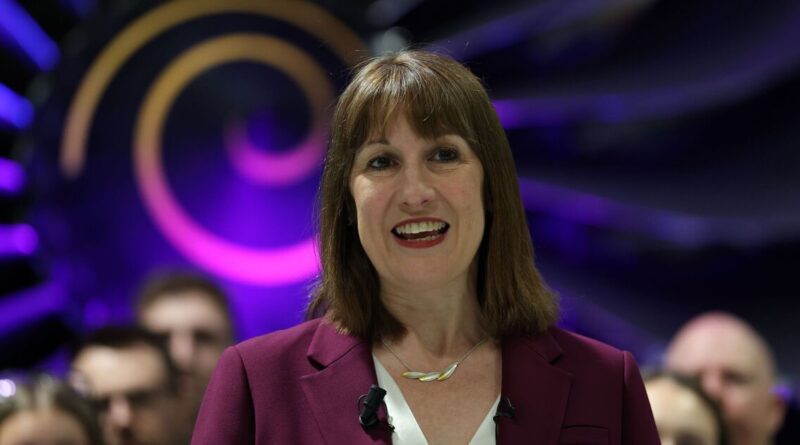Bad news for Rachel Reeves as true cost of obesity benefits laid bare | UK | News
The total amount of benefits paid to obese people to help with their living costs has almost doubled over the past four years. There were more than 4,000 people claiming Personal Independence Payments because they were classified as obese, latest Department of Work and Pensions figures show.
Four years ago just 2,852 adults claimed PIP for being seriously overweight. By the start of this year it had soared to 4,131. The average claimant with obesity was being paid almost £135 per week – annual tax-free benefits of £7,014, costing the taxpayer £29million.
In four years the average payment to these PIP claimants has risen from an average of £109 per week, meaning the total bill has increased from £16.2million. To claim the payouts recipients do not always need a medical diagnosis, nor are they means tested – so they are free to earn other income or have hefty savings.
PIP is made up of two elements – a daily living part to help with costs such as cooking, cleaning and getting dressed, as well as a mobility part for getting around. The Government recently announced a toughening of PIP assessment rules, leaving many claimants fearing their handouts could be reduced or cut completely.
Birmingham’s Ladywood constituency had the highest number of claimants at 31, followed by Coventry East with 25, and Plymouth Sutton and Devonport at 22. Callum McGoldrick of the TaxPayers’ Alliance said: “Taxpayers are being forced to cough up millions to fatten the benefits bill – with obesity claims piling on the pounds to public spending. While ordinary Brits struggle to make ends meet, some are raking in tax-free cash for their own lifestyle choices.
“It’s time ministers stopped feeding this bloated system and brought some discipline back to disability benefits.”
The Government said: “We have set out a sweeping package of reforms to health and disability benefits that genuinely support people back into work, while putting the welfare system on a more sustainable footing so the safety net is always there to protect those who need it most.”

